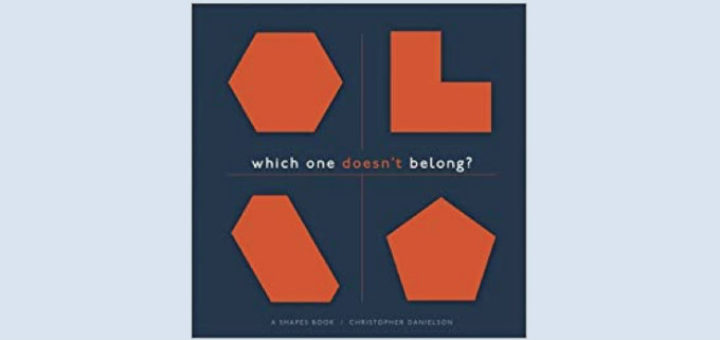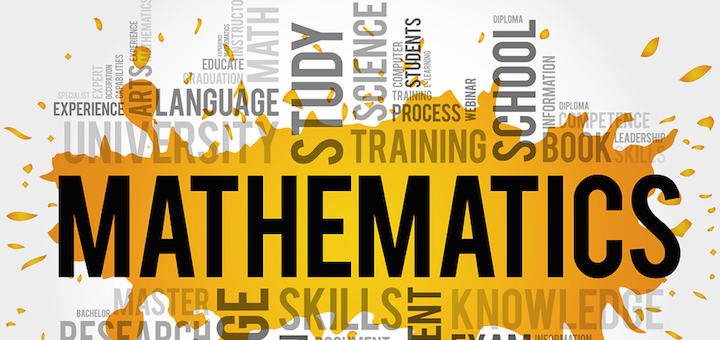Higher Order Thinking with Geometric Shapes
Each student Amy Estersohn shared the book “Which One Doesn’t Belong” with spent time lost deep in thought among the geometric images and was able to articulate a reasonable explanation for why a shape didn’t belong. The teacher’s guide can help build math discussion.






















